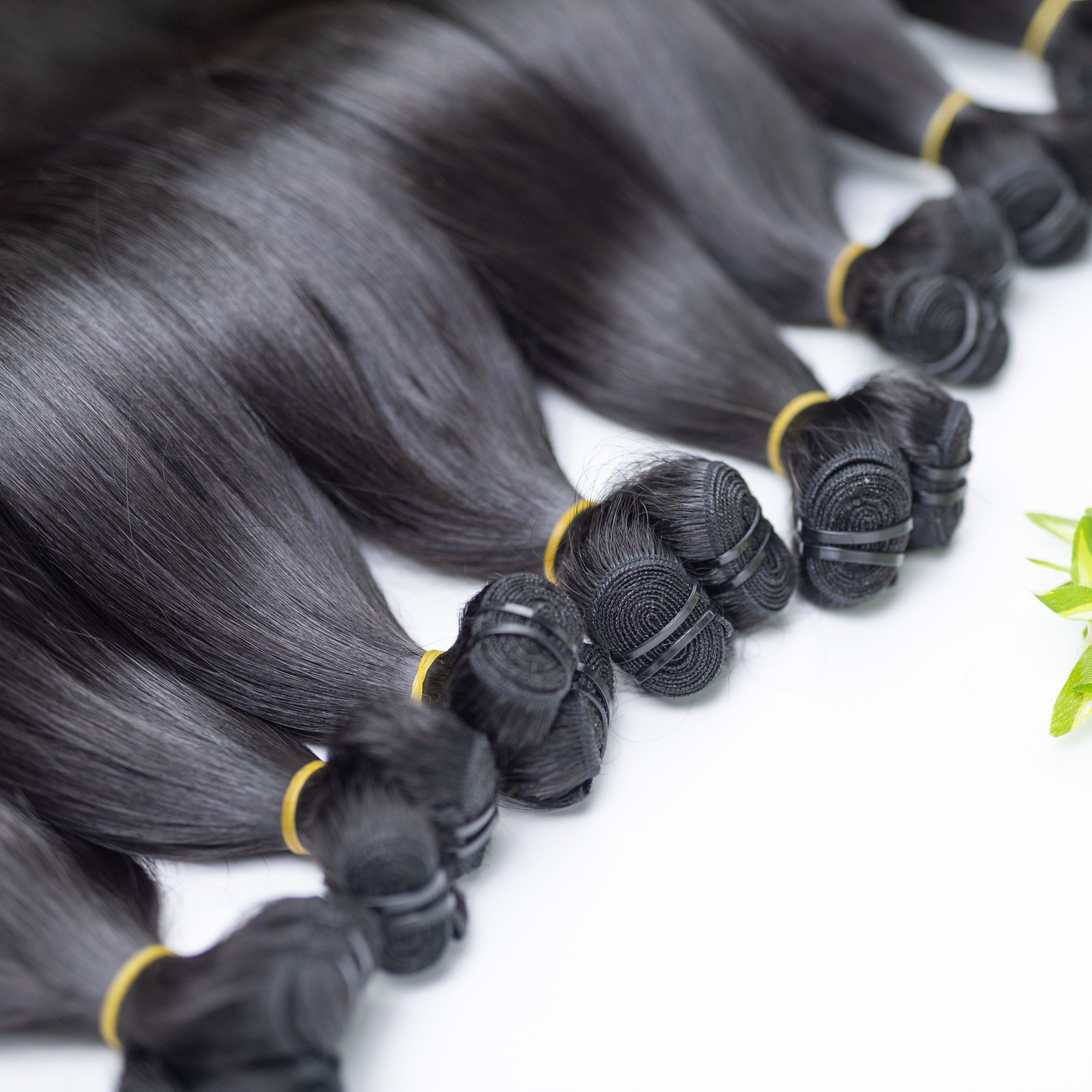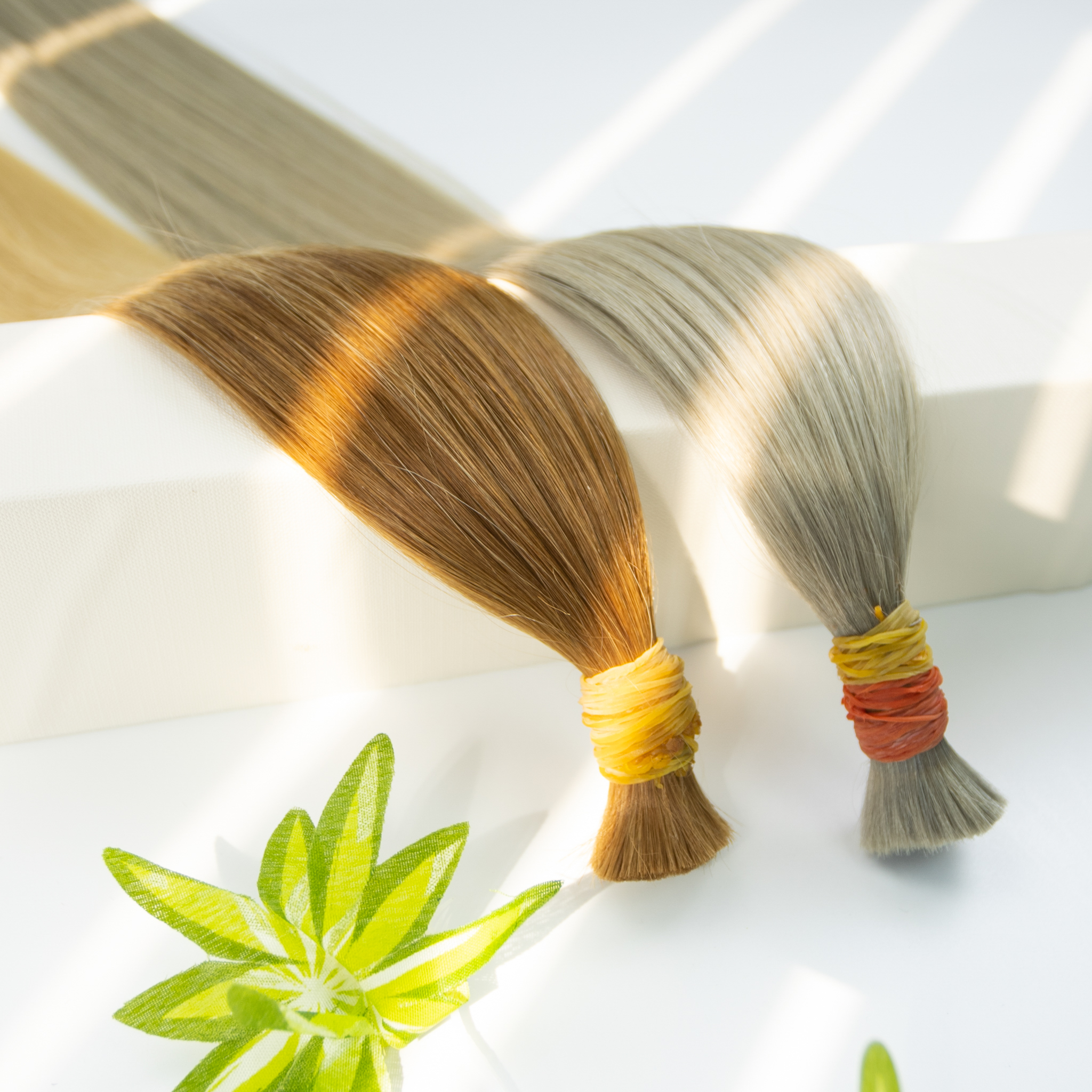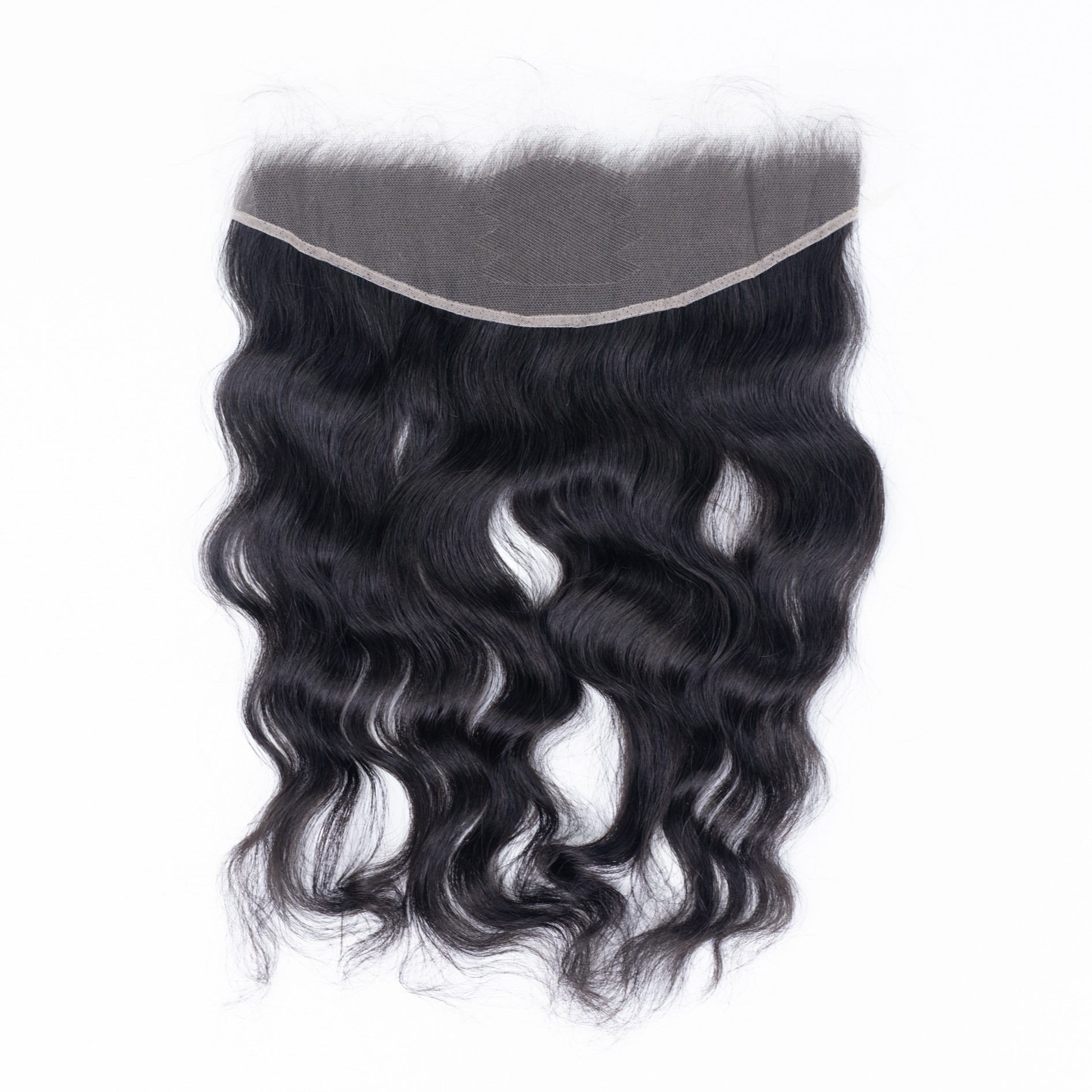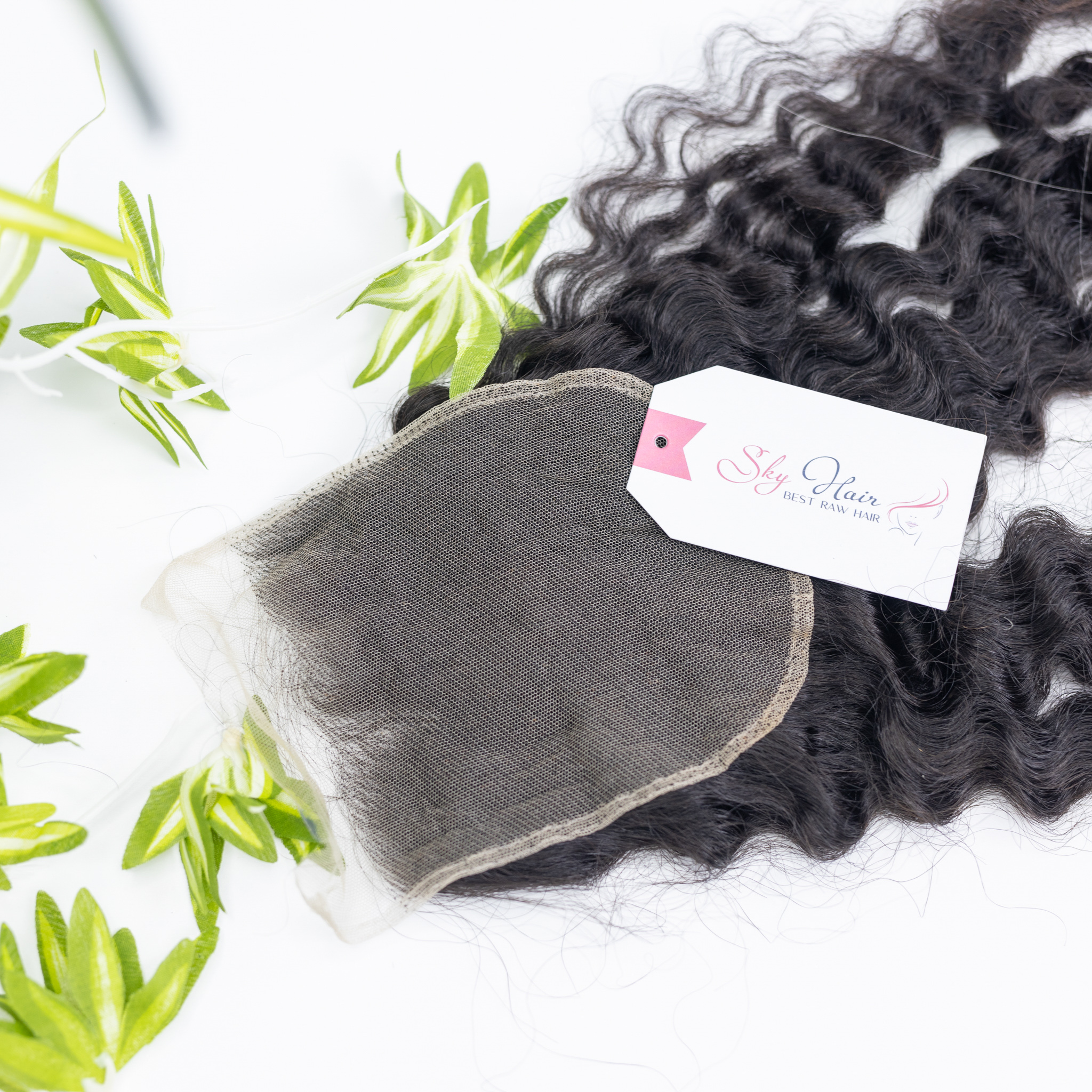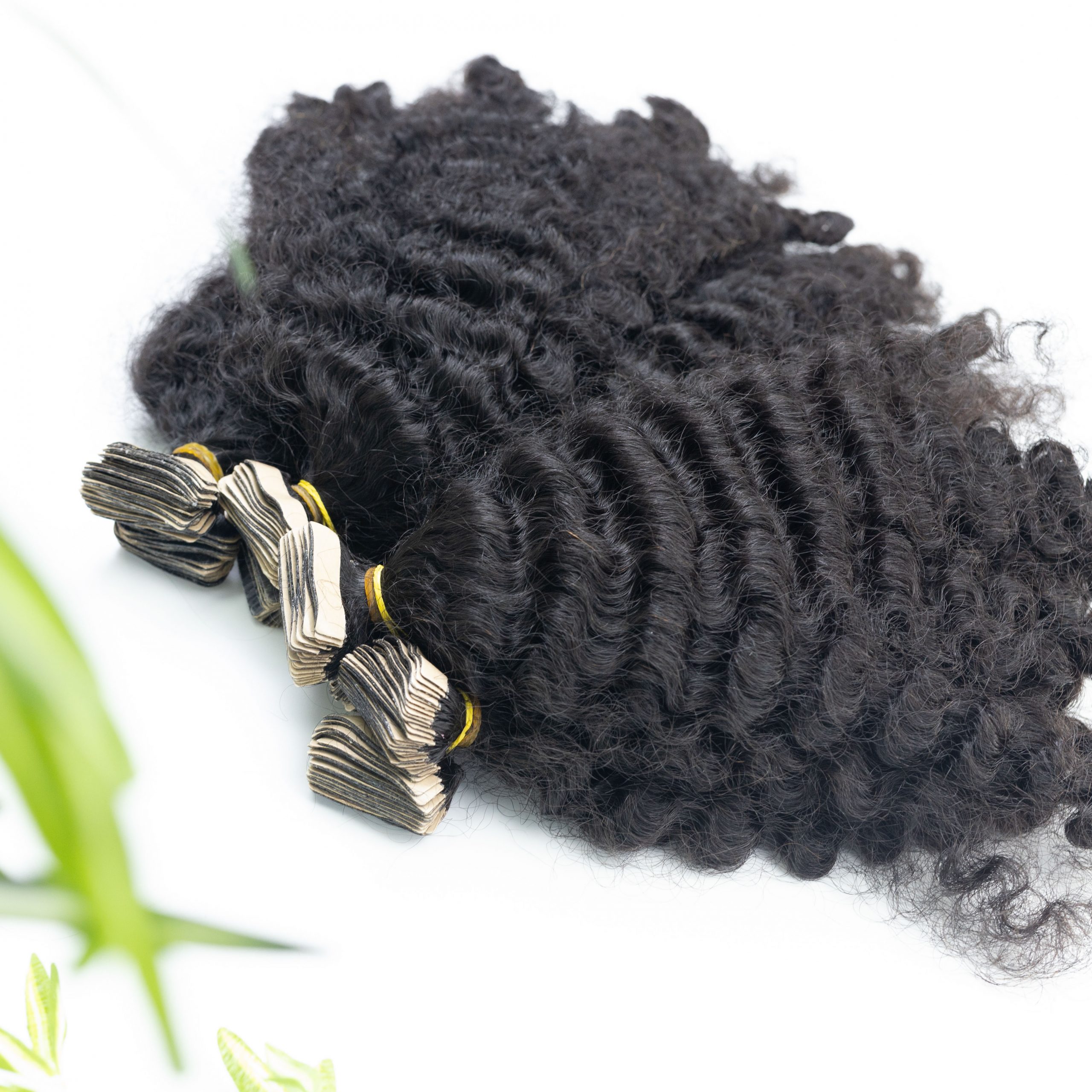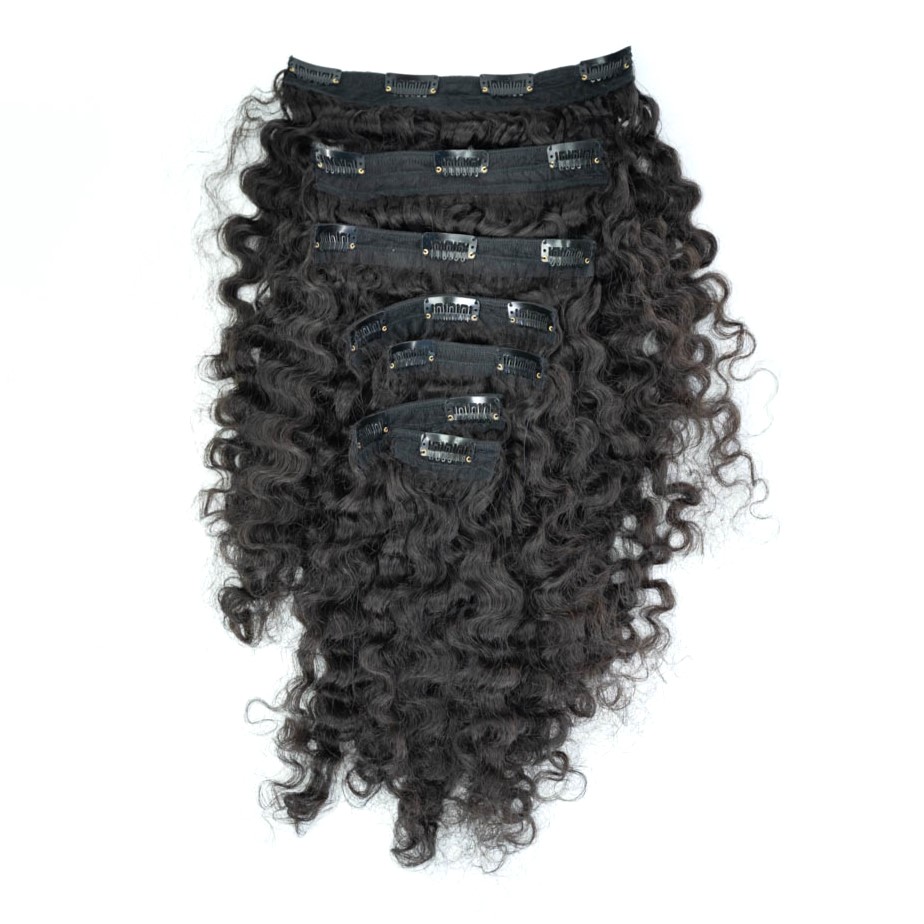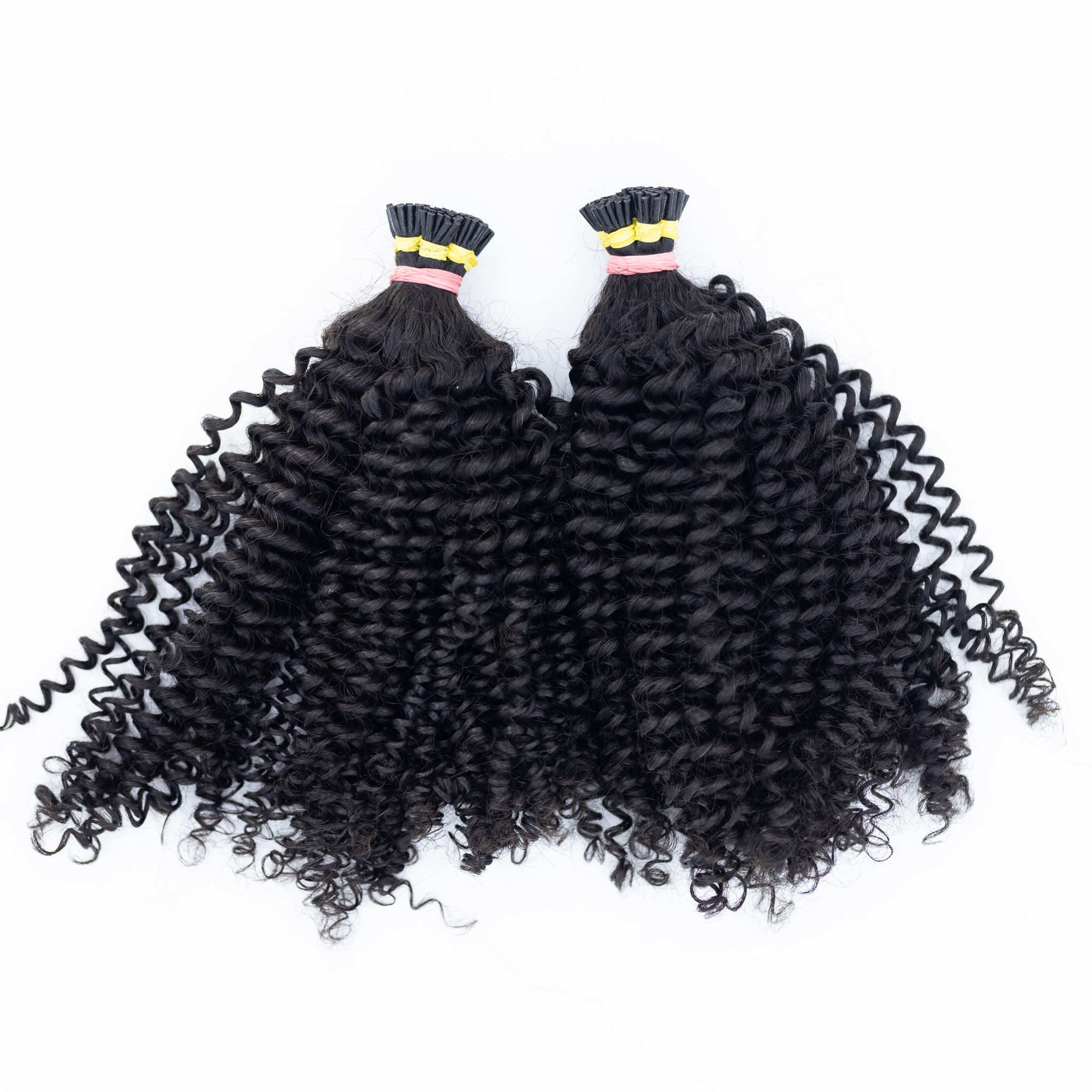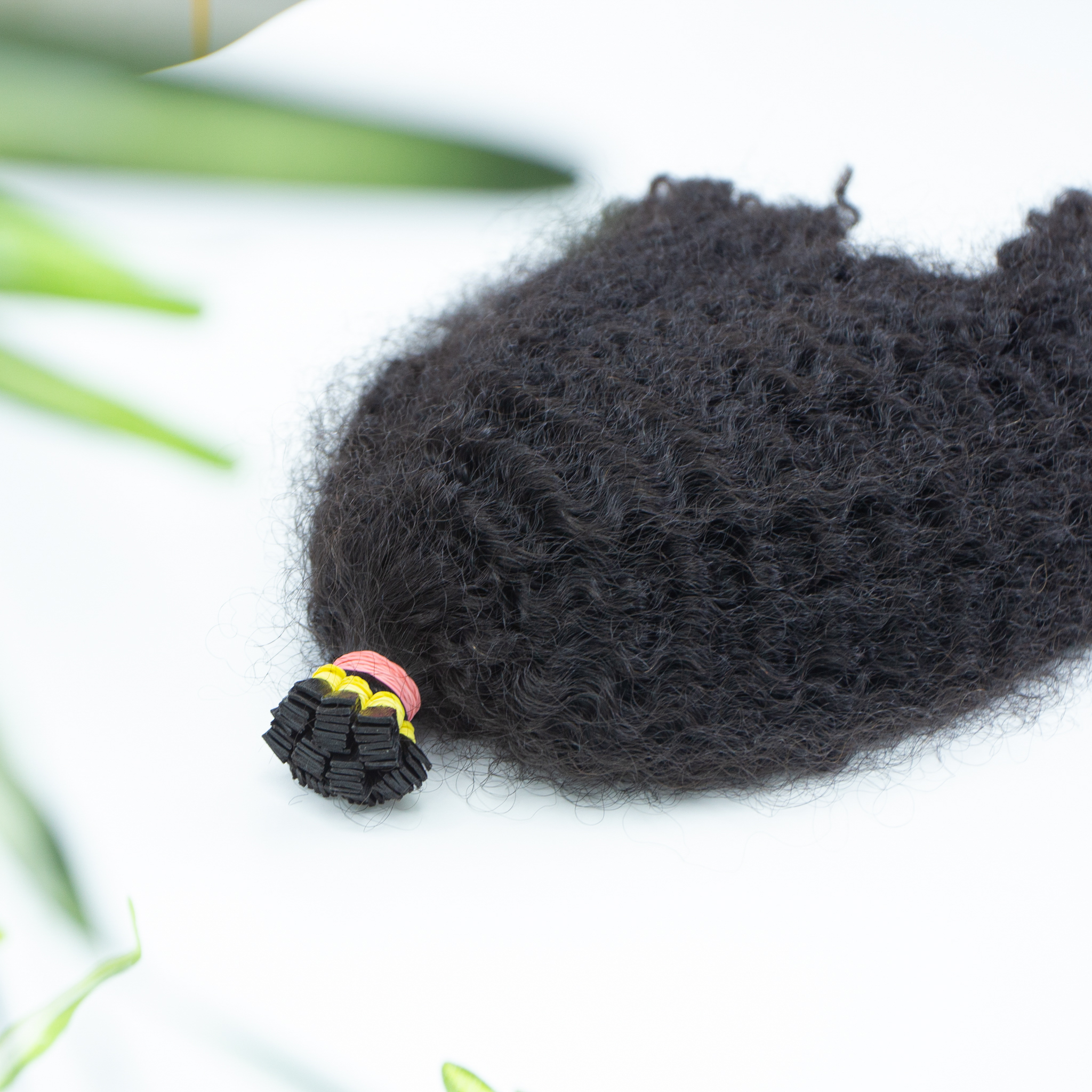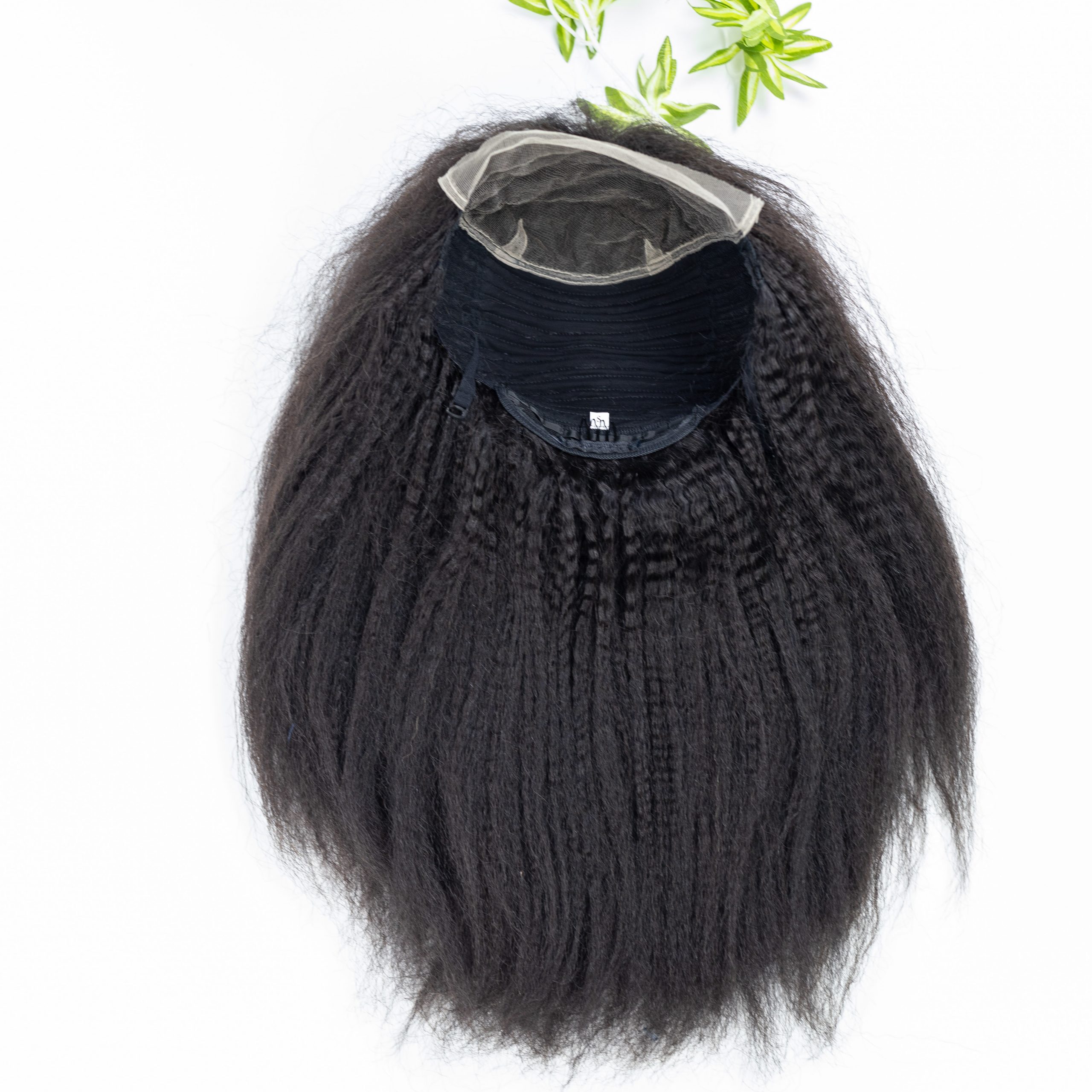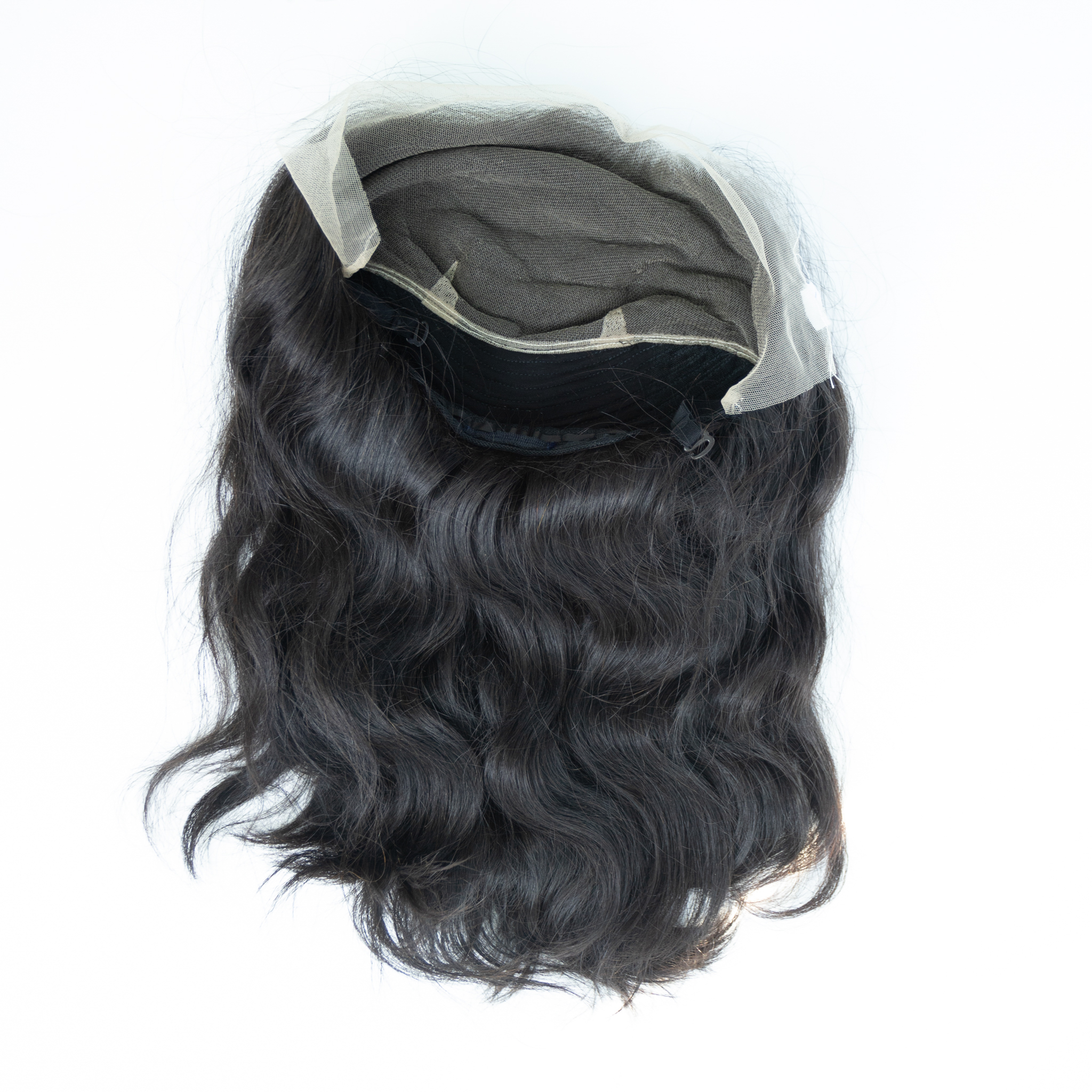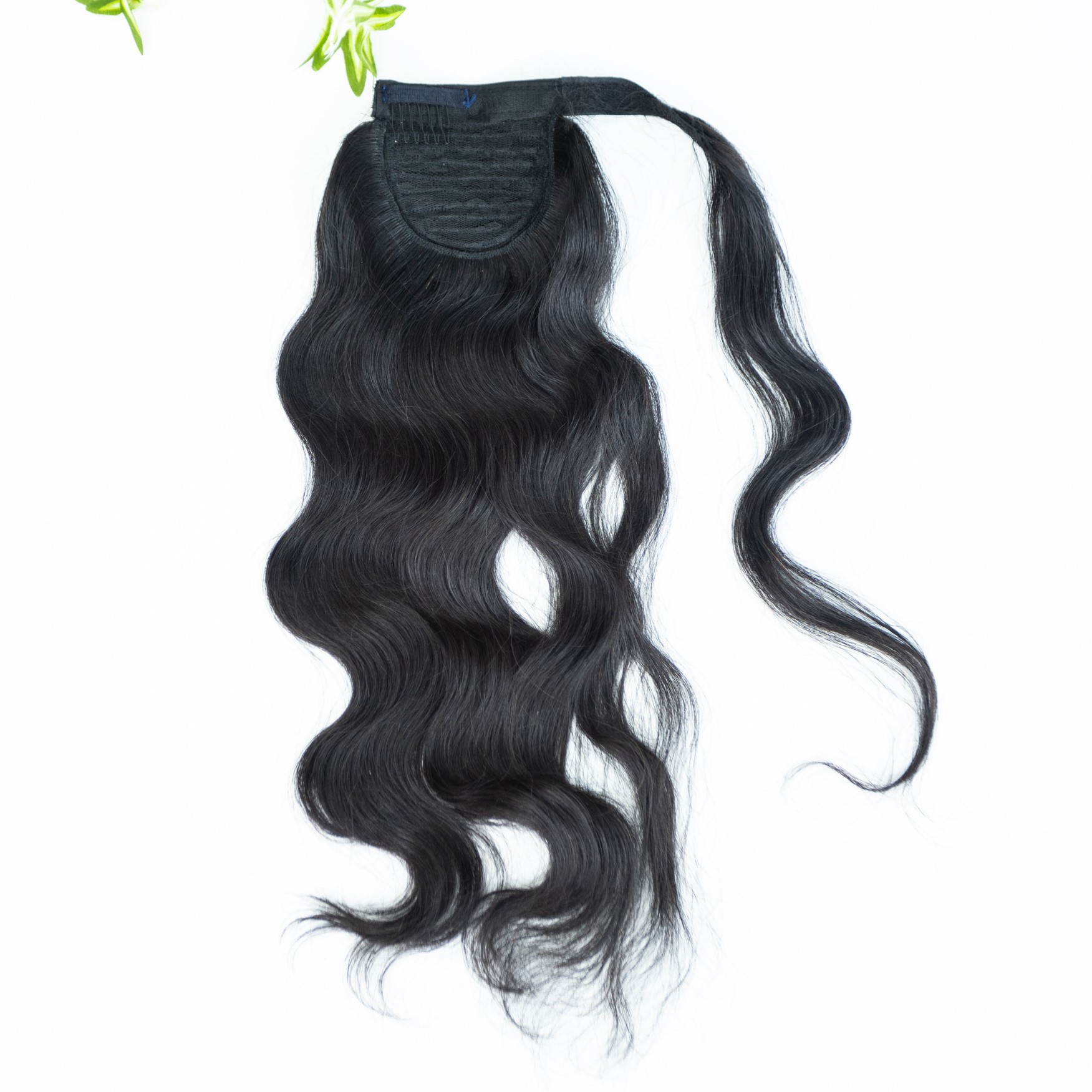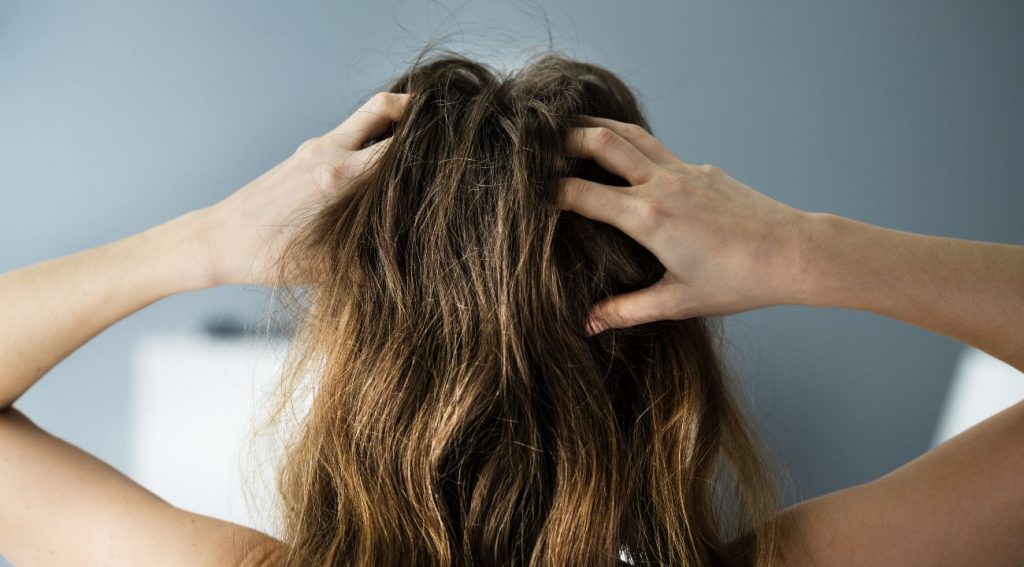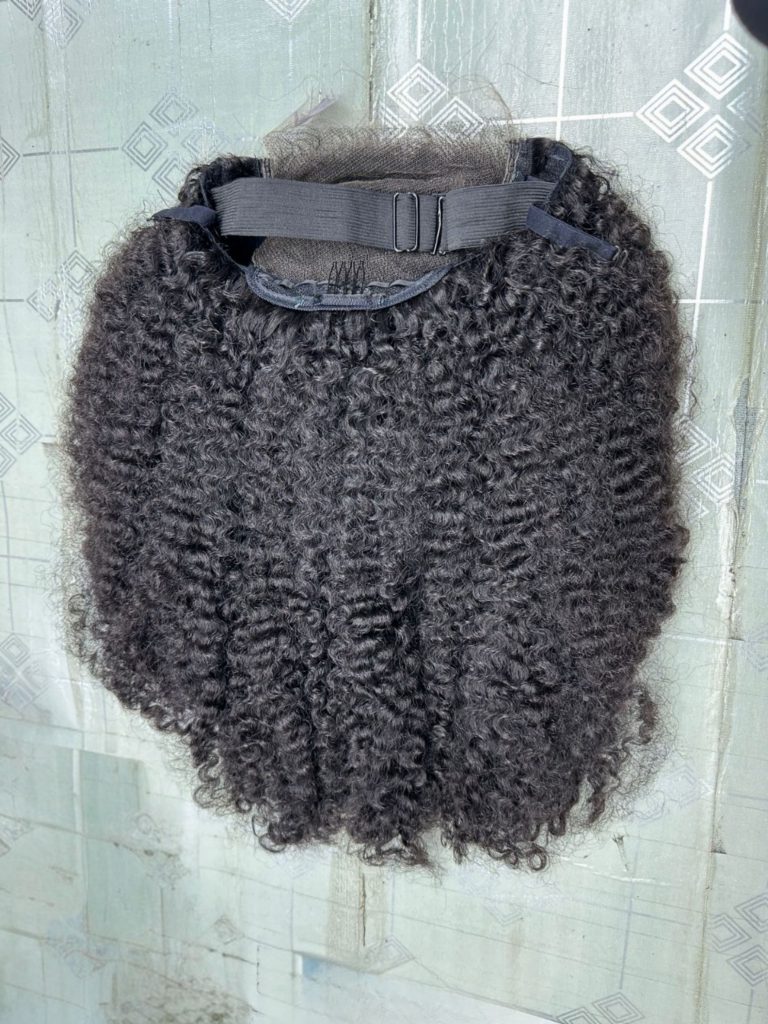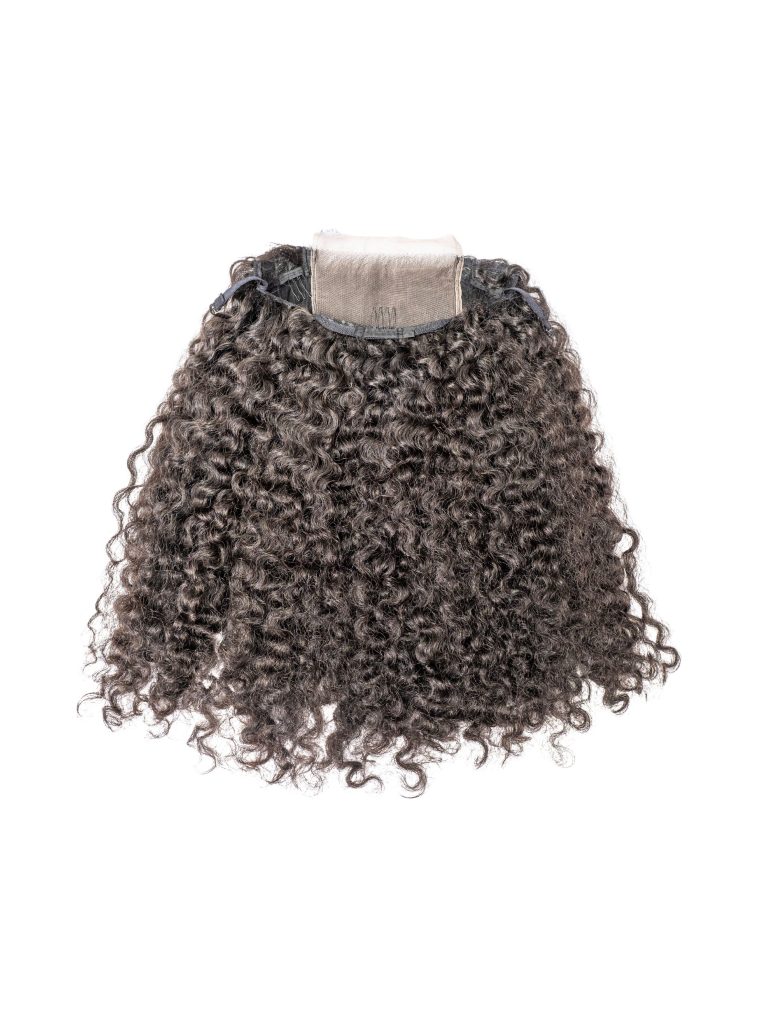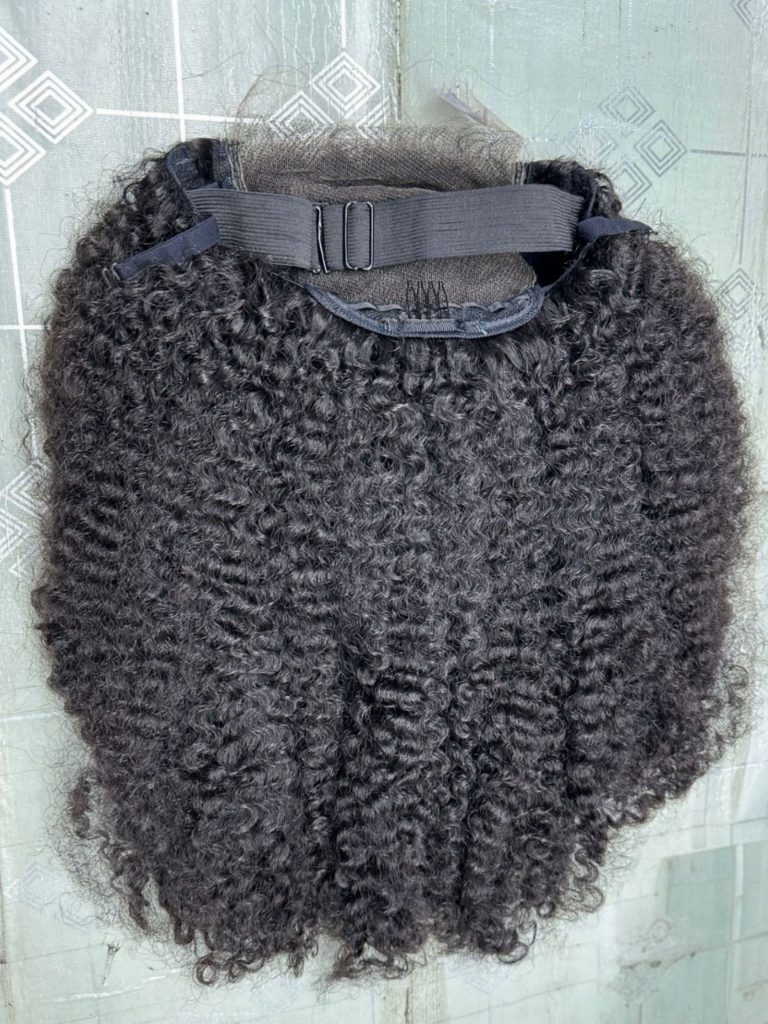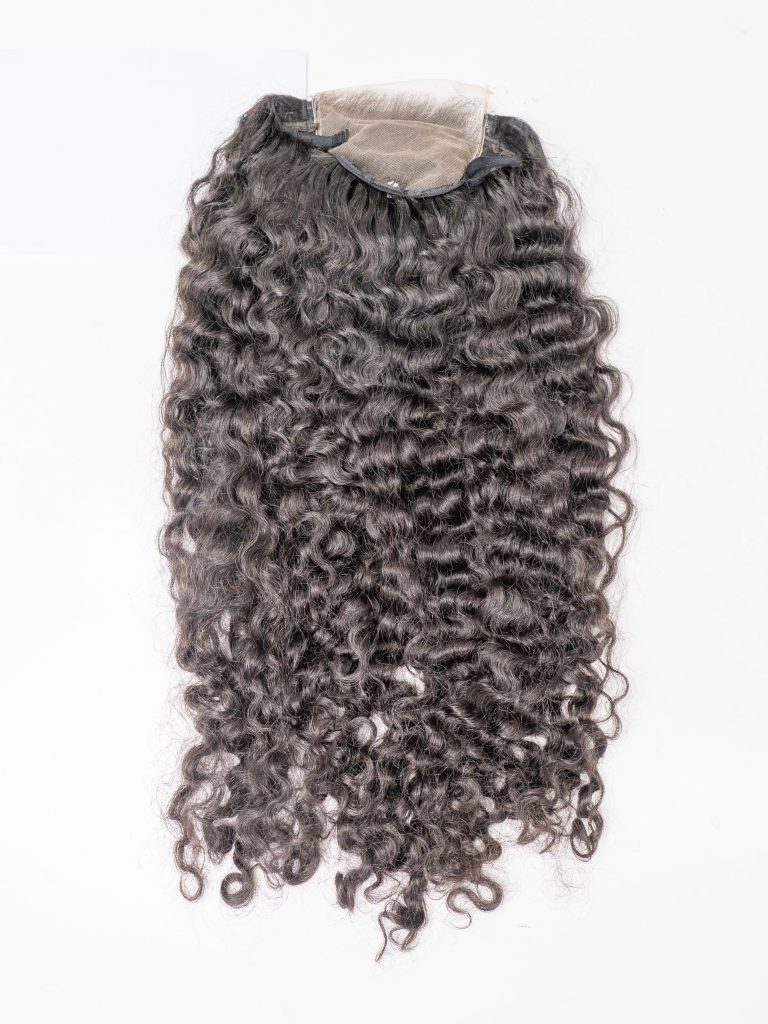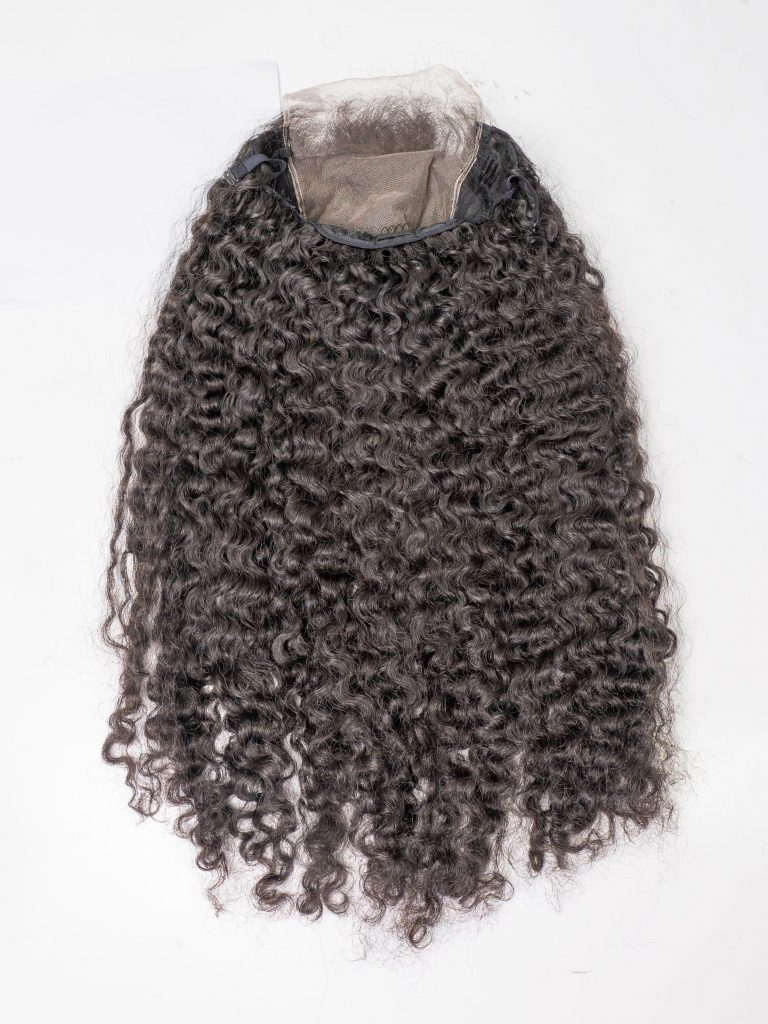Dandruff can be light, moderate, or severe. This condition is extremely common and affects women more than men. It can appear at any time. People with all types of hair and scalp are affected. This excessive scalp desquamation is caused by either a yeast colonization (= fungus) or a genetic predisposition brought to light by environmental factors.
Why Is My Scalp Dry?
The scalp is a unique part of your body that requires special attention. It is affected by three main factors: its microbiome, the environment, and genetics. The balance and interaction of each of these factors determines your overall scalp health. The scalp’s microbiome is made up of a delicate balance of microorganisms like bacteria, fungi, and viruses.
Usually, these microorganisms exist in harmony, but sometimes they get thrown out of balance, causing scalp flaking, itching, or irritation. Environmental factors such as the weather, pollution, and stress can also lead to these symptoms. Finally, genetics also contribute to scalp health, potentially making the scalp skin more prone to dryness.
4 Tips To Get Rid Of Dry Scalp
Hair Care
Restoring the natural moisture levels of your scalp isn’t like moisturising your skin. You can’t simply apply an emollient over the head, as this will leave the hair greasy and limp. Shampoos and conditioners that feature sulphates, could cause your scalp to dry out and become itchy and uncomfortable.
Use a boar bristle brush
Running a brush through your hair is recommended as the unique structure of the boar bristle can carry natural oils produced by the scalp all the way down to the end of the hair shaft. This results in shiny, well-conditioned hair and removal of any oil or hair product build-up on the scalp. A gentle pre-wash massage with a boar brush can open up pores on the scalp and remove dead skin cells so that the scalp can be properly cleansed and moisturised.
Eat mindfully
Our scalp requires nourishment from the food we eat, so try to have balanced and varied diet. Maximizing your intake of Omega-3 fatty acids will boost moisture levels and reduce the inflammation that can arise from an irritated scalp. Fish oil supplements, foods high in Omega-3 fatty acids and vitamins for healthy scalp will nourish your scalp and leave it feeling soft and supple. And don’t forget to drink your water!
Keep it cool
When washing your hair, opt for warm water and apply a cold rinse to seal the hair’s cuticles. This will boost shine and most importantly, improve the poor circulation that leads to a dry scalp.
